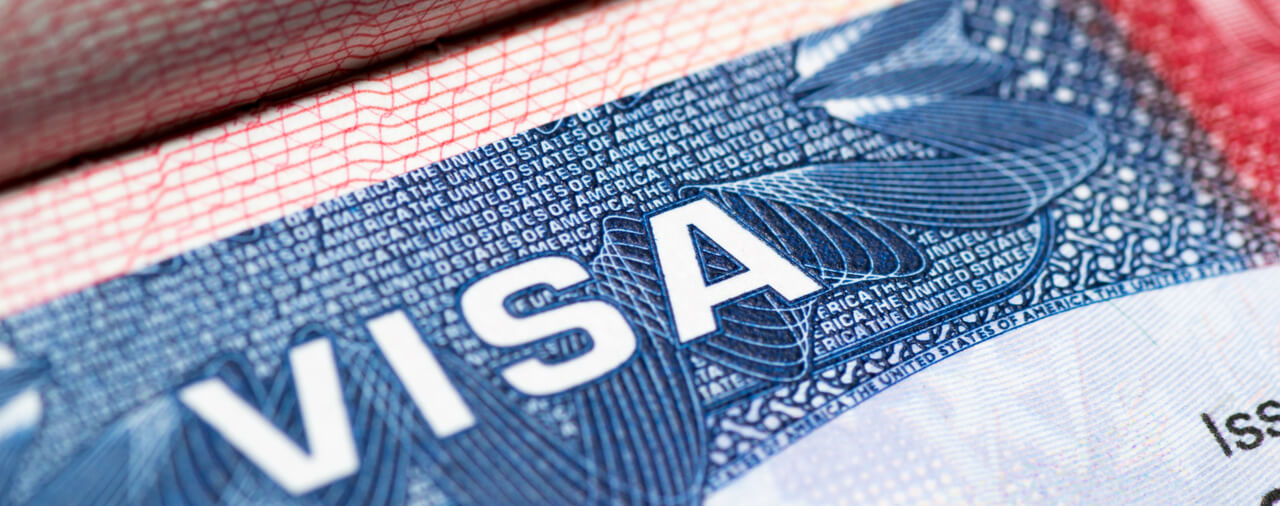USCIS Not Considering Changes to Extensions of H1B Stay Beyond 6-Year Limit
On December 30, 2017, McClatchy DC Bureau reported that the Trump Administration was considering a draft memorandum that would reinterpret the language of AC21 [see category] to stop granting extensions of stay beyond the 6-year limit for H1B visa-holders with pending immigrant visa petitions.1 I learned about this news because many individuals on Quora, a popular question and answer site, asked questions about the report.
In response to the questions, I urged caution against overreacting to the report. First, I stated that “whatever whoever says on the subject at this point is not even a conjecture but pure speculation.”2 After reading a few other reports on the issue, I noted that “the provision allowing for H1B extensions beyond the six-year limit originates in the statute…” and that, while I could see less drastic changes to the implementation of the AC21 provision, changes of the sort discussed in the report would likely require Congressional action in any case.3
Unsurprisingly, prudence proved to be the best course. On January 9, 2018, the United States Citizenship and Immigration Services (USCIS) responded to McClatchy by stating that it “is not considering a regulatory change that would force H-1B visa holders to leave the United States by changing our interpretation of section 104(c) of AC-21, which provides for H-1B extensions beyond the 6 year limit.”4 Furthermore, the USCIS added that any suggestion that it was considering such a change was “absolutely false.”
It is worth noting that McClatchy stands by its original report, suggesting that the Trump Administration had only reversed course on the proposal due to external pressure that mounted after its reporting. However, for reasons that I addressed in response to questions about the original report, the news that the USCIS is ultimately not considering this proposal is unsurprising.
The USCIS statement will come as a relief to those who would have been negatively affected by the draft memo as described in the original McClatchy report. However, this entire story highlights why it is important to be cautious about jumping to conclusions about potential changes in immigration policy based on reports citing to anonymous sources about draft memoranda. To be sure, reports can end up being accurate (for example, several outlets reported that the Trump Administration would rescind the Deferred Action for Childhood Arrivals (DACA) program before the official announcement was made). Yet other reports that had caused panic turned out to be all smoke and no fire. Some readers may recall the report last year that the Trump Administration was seriously considering a draft memo that would have dramatically expanded the definition of “public charge.”5 In truth, while outlets did obtain a draft memo, it is highly likely that it was never seriously considered by the upper levels of the White House or the DHS.
With reports such as these, it is important to remember that the existence of a “draft memo” does not necessarily mean that something is seriously under consideration. The White House, much less the DHS, contains a large bureaucracy. Many proposals are drafted by many people, and more memos and ideas are discussed than the few that make it high up the chain of command and receive serious consideration by the people who count. For this reason, we should always respond to reports with caution and consider all available information. In the end, nothing is known for sure until the relevant agency makes an official announcement on the matter.
Those who are concerned about how a potential change may affect them are well-advised to consult with an experienced immigration attorney for case-specific guidance.
Finally, while my colleagues and I will often answer questions on sites such as Quora and Avvo, I would like to remind you that our own site includes a form for submitting a quick legal question. If you have a quick legal question about a specific issue, please us our form to ask our experienced immigration attorneys [see form].
_________________________
- Ordonez, Franco. “DHS weighs major change to H-1B foreign tech worker program.” McClatchy DC Bureau. Dec. 31, 2017. http://www.mcclatchydc.com/news/politics-government/white-house/article192336839.html
- Segal, Alexander. “Re; Is DHS planning to stop the H-1B extension beyond six years using an I-140?” Quora. Jan. 2, 2017. https://www.quora.com/Is-DHS-planning-to-stop-the-H-1B-extension-beyond-six-years-using-an-I-140
- Segal, Alexander. “Re; What would be the impact of this news that DHS is thinking of not giving H-1B extensions for those whose green cards are pending? They are thinking of automatically deporting H-1B holders after their 6 years?” Quora. Jan. 2, 2017. https://www.quora.com/What-would-be-the-impact-of-this-news-that-DHS-is-thinking-of-not-giving-H-1B-extensions-for-those-whose-green-cards-are-pending-They-are-thinking-of-automatically-deporting-H-1B-holders-after-their-6-years
- Ordonez, Franco. “Under pressure, Trump team backs off proposal to cull foreign tech workforce.” McClatchy DC Bureau. Jan. 8, 2017. http://www.mcclatchydc.com/news/politics-government/white-house/article193665104.html
- Hauslohner, Abigail and Janell Ross. “Trump administration circulates more draft immigration restrictions, focusing on protecting U.S. jobs.” Washington Post. Jan. 31, 2017. https://www.washingtonpost.com/world/national-security/trump-administration-circulates-more-draft-immigration-restrictions-focusing-on-protecting-us-jobs/2017/01/31/38529236-e741-11e6-80c2-30e57e57e05d_story.html

- Alexander J. Segal's blog
- Log in to post comments
